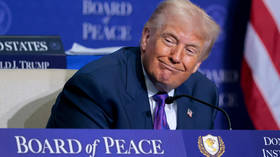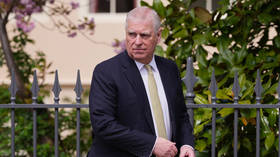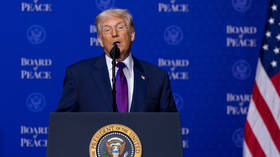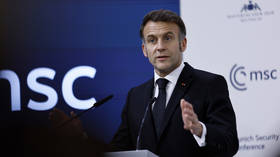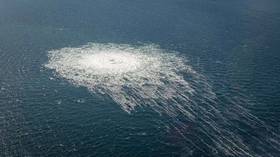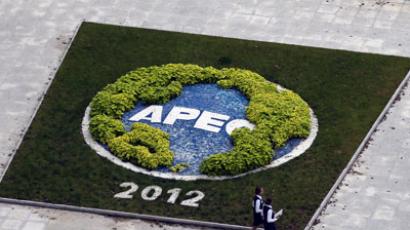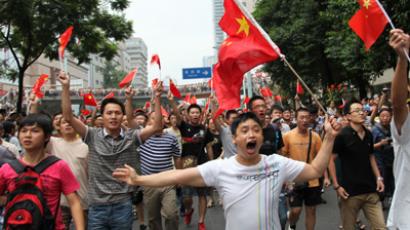Beijing slams US over island dispute comments
Beijing has spoken out against Washington’s warning to China not to challenge Japan’s control of disputed islands in the East China Sea – a brewing argument between the two Asian countries that has intensified in recent months.
The Chinese Foreign Ministry expressed its displeasure a day after US Secretary of State Hillary Clinton assured Tokyo of American support for its territorial rights and warned China against any unilateral action in the dispute. On Friday, Clinton in a press conference meeting with the Japanese Foreign Minister did not mention China directly but said she wanted the dispute to be resolved peacefully."Although the United States does not take a position on the ultimate sovereignty of the islands, we acknowledge they are under the administration of Japan," Clinton said, adding "we oppose any unilateral actions that would seek to undermine Japanese administration, and we urge all parties to take steps to prevent incidents and manage disagreements through peaceful means."China is "strongly dissatisfied with and resolutely opposes" the comments made by Clinton, Foreign Ministry spokesman Qin Gang said in a statement.The maritime quarrel which has been going on for years intensified last year when Tokyo nationalized the islands. China’s response was to increase maritime and air patrols of the Senkaku /Diaoyu islands. Japan meanwhile sent fighter jets over the disputed territory. No clashes have yet taken place. "We urge the US side to treat the issue of the Diaoyu islands with a responsible attitude," Qin said, asking Washington to be "careful in words, cautious in actions" and to take "realistic actions to protect the peace and stability of the region and Chinese-US relations."George Koo, the founder of International Strategic Alliances, believes the US is stoking the conflict between the two Asian powers.“The US has created this mess and the US is continuing to prolong the problem between the Japan and China. The US is again playing the strategic ambiguity game by on the one hand saying, we’re neutral about this, and we’re not taking sides between China and Japan but on the other hand we recognize that Japan has administrative control and therefore, we would be opposed to any unilateral action. But how did Japan get military control? The US turned it [the islands] over to them. From the beginning to end, the US was responsible for this particular mess,” Koo told RT.The Islands historically belonged to China for centuries, but Japan assumed control of the territory following 1894-95 Sino-Japanese War. "After the WWII the terms of unconditional surrender specifically excluded any of the offshore islands as being part of Japan. But somehow the terms of surrender were changed during the peace treaty written in San Francisco. The Chinese had no part in forming of that treaty," Kono explains.In 1971, the US and Japan agreed on a deal giving Japan so-called "administration" over the islands. Washington insists it is a neutral party in the dispute yet says the islands are under Japan's de facto administration. The islands are believed to be rich in natural resources.


